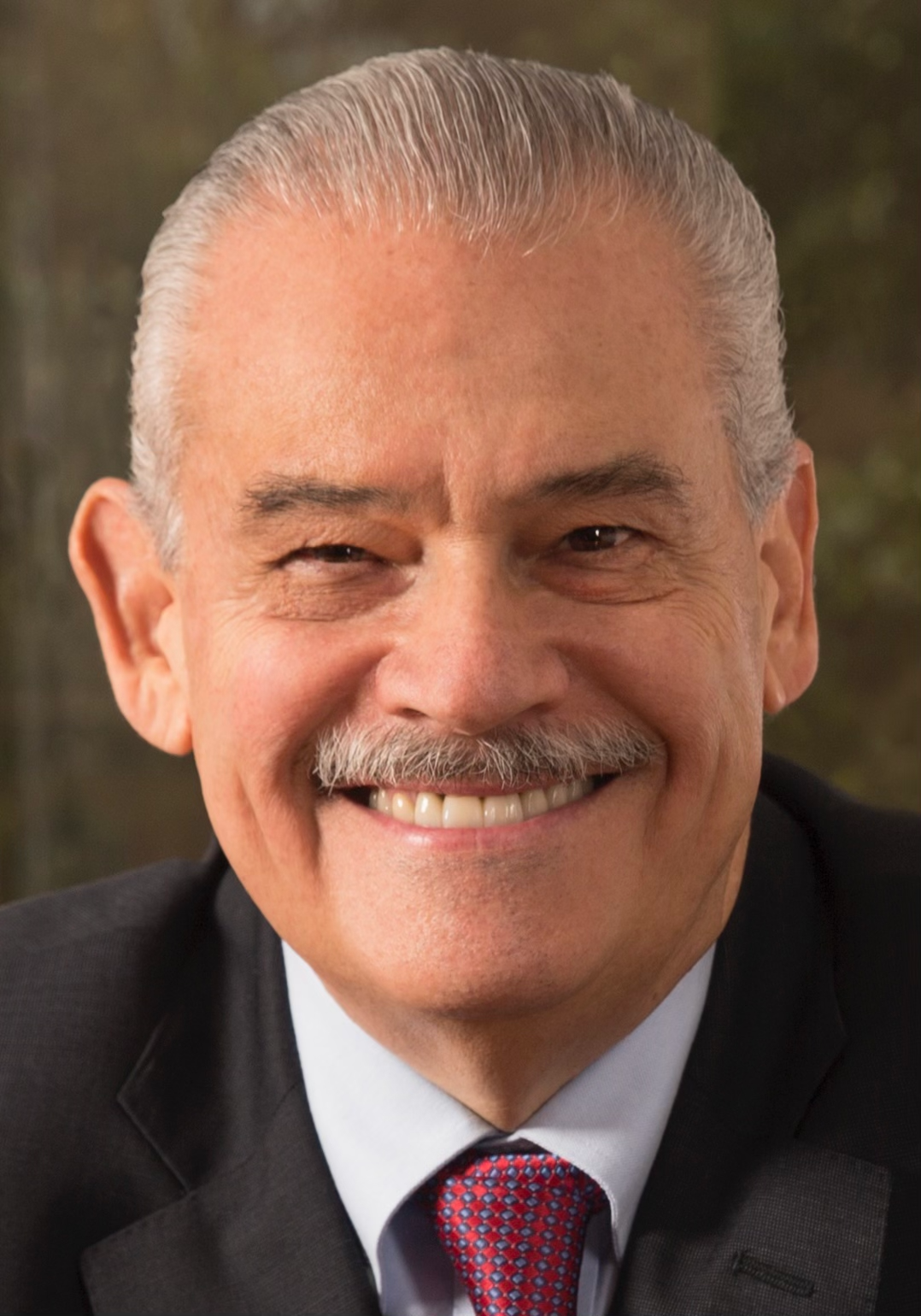TEDxTufts is thrilled to present “TEDxTufts Turns Ten: Refraction.” Refraction - a term commonly coined to describe the refraction of light after passing through a substance - takes on an entirely new meaning in our tenth annual conference. Our ten speakers will illuminate brilliant ideas and shine novel perspectives on old ones, exploring the way familiar concepts can change course when faced with obstacles and a changing world. Furthermore, as we reach this milestone, our conference will reflect back on ten years of game changing talks showcased on the TEDxTufts stage. We invite you to join us on April 13th, 2024 in the Joyce Cummings Center Ballroom to join us in taking a trip down memory lane, all the while absorbing fresh ideas that will embolden you to look through different lenses, recognize new pathways, and discover creative ways of thinking.
Refraction
2024
Talks:
Looking Out is Looking In | Bernadette Mary Dineen
While finding life on another planet would be unquestionably cool, the search for life is about MORE than simply finding it; the search is about understanding ourselves on a deeper level in a way that those before us could have only imagined. Exploring the extraordinary provides a cosmic context for humankind that can and will change how many of us see ourselves; it might even tell us more about who we are than it does about the life we find. Looking outward is going to change how we look inward, but are we ready for that?
The Transformative Power of Education | David Delvalle
David Delvalle was sentenced to over 10 years of incarceration at MCI-Concord for a violent crime. While in prison, he was given the opportunity to join a college-in-prison program run by Tufts University. David's journey to higher education while incarcerated transformed his perspective and goals. He depicts the restorative justice practices used in the classroom, the diverse community of students, and the profound impact the program had on the prison culture. David will share how attaining his degree gave him hope and allowed him to prove to his daughter that he was more than his worst mistake. Now a college graduate, nonprofit program manager and activist, David's story illustrates the value of prison education programs in rehabilitating lives.
How to Discover your Life’s Purpose and Defeat Your Goliaths | Dee-1
Unfortunately, many people do not ever discover their life’s purpose. The concept of finding your purpose is intimidating, and most of us don’t know where to start. Thankfully, by using a timeless story that resonates with everyone, I have discovered the formula for discovering and fulfilling your life’s purpose. My TedxTufts talk will share this formula, as well as the motivation needed to apply this wisdom to your life. This world is a better place when you are walking in your purpose.
Lab Meat: a love story | Natalie Rubio
Cultured meat is meat made from cells, instead of animals. To make cultured meat, a tiny sample of cells is taken from an animal and multiplied exponentially outside of the animal to make (theoretically) infinite amounts of meat. You can make chicken by culturing chicken skeletal muscle cells, pork fat from pig adipocytes, foie gras from duck liver cells. Meat made without animals but composed of the same stuff. It is a weird yet fascinating concept, and a feat easier said than done. In college, Natalie Rubio, a Chemical & Biological Engineering student at CU Boulder, was largely unenthused with her post-grad job prospects – until she read an article about cultured meat, fell in love with the idea, and chased it desperately. In 2016, Natalie started her PhD on cultured meat at Tufts University – one of the first universities in the world to support research on the topic. In this TEDxTufts talk, Natalie reflects on the ups and downs of her career in cultured meat - an industry wrought with technical challenges and controversy.
Three Colors, Three Cultures | Miguel Basáñez
How do religions, the law, and habits influence people’s behavior around the world? Although each of the roughly 200 countries in the world show a distinctive culture, we can also identify commonalities and overall, in my view, there are three hyper cultures worldwide: cultures of honor, cultures of achievement, and cultures of joy. What I am saying is that as individuals we all have one of three ways of prioritizing (you can imagine it as three types of brain wiring). In cultures of honor, people are oriented to keep traditions, reputation, deference and they are very mindful of hierarchy. In cultures of achievement people are oriented to being productive, they care about success, competing and winning, and punctuality. And in cultures of joy people are oriented to making friends, so what matters is to be spontaneous, flexible, and to know how to improvise.
Imagine a World that Values Aging | Preter Kaldes
Why do we hate getting old? Isn’t the alternative worse? Our society treats aging as if it is something to be avoided. But why? Peter Kaldes, who graduated from Tufts with a BA in International Relations in 1998, returns to campus 26 years later, older, wiser and prouder. With a non-linear career that includes practicing as an international litigator with Weil Gotshal, advising President Barack Obama in the White House, and leading global philanthropic programs at JPMorgan Chase, Kaldes is the President and CEO of Next50, a private foundation investing in aging. He lives in Denver with his husband learning how to ski. In this talk, Kaldes shares how ageism throughout our entire lives prevents our future selves from thriving. He imagines what a world without ageism would look like and offers ways for all of us to value aging.
Monastic Meals to “Girl Dinner”: The Religious History of Diet Culture | Sophia Day
Many Americans, particularly women, struggle with bodily dissatisfaction, and we often assume this is the result of secular phenomena, such as the diet and weight loss industry or pervasive beauty marketing. In reality, our body image woes are due to both secular and religious influences. Winding through centuries of Christian history, this talk explores how ancient philosophy and monastic eating practices inform the way we talk and think about food both in real life and in digital spaces, from ascetic nuns of the Middle Ages all the way to “girl dinner.” This talk posits that these traditions are not obsolete, but have rather evolved and are echoed in our modern-day eating practices. By acknowledging this religious history and by incorporating a design mindset, we can begin to move forward and genuinely heal our relationship with our bodies.
I am a Responsible Party | Supreme Hassan
We, unfortunately, co-inhabit a world where harm-causing is normative. Why do we accept this as our reality? Is it possible to change this narrative? According to Supreme Hassan, the answer is yes. In this talk, restorative justice practitioner and expert Supreme Hassan highlights how we repair harming behavior through accountable actions. He will also share why and how it’s possible to move from hurting to healing and from causing harm to repairing it.
The Aesthetic Economy: Surveillance, Consumption, and the Metaverse | Nikhil Vootkur
Nikhil Vootkur is the sole undergraduate speaker for the 2024 TEDxTufts Conference, bringing a uniquely Gen-Z perspective in his talk titled ‘The Aesthetic Economy: Surveillance, Consumption, and the Metaverse’ where he talks about the applicability of philosophical theories from Michel Foucault, Jean Baudrillard, and Susan Sontag to our modern, hyperconsumerist and surveilled society. His commentary on image glut and the distortion of the natural state will leave listeners thinking for long after his talk is concluded.
The Dangers of Imagination | Cristóbal Cea
Artist Cristóbal Cea explains the stories behind his work on monsters, misinformation and other dangers of imagination, describing how his childhood nightmares fueled artistic processes that he shares with students in America Imaginaria: a class at SMFA where students learn how to creatively engage with the unknown, using creativity as a way to break the cognitive barriers of terror, bias and dehumanization.











